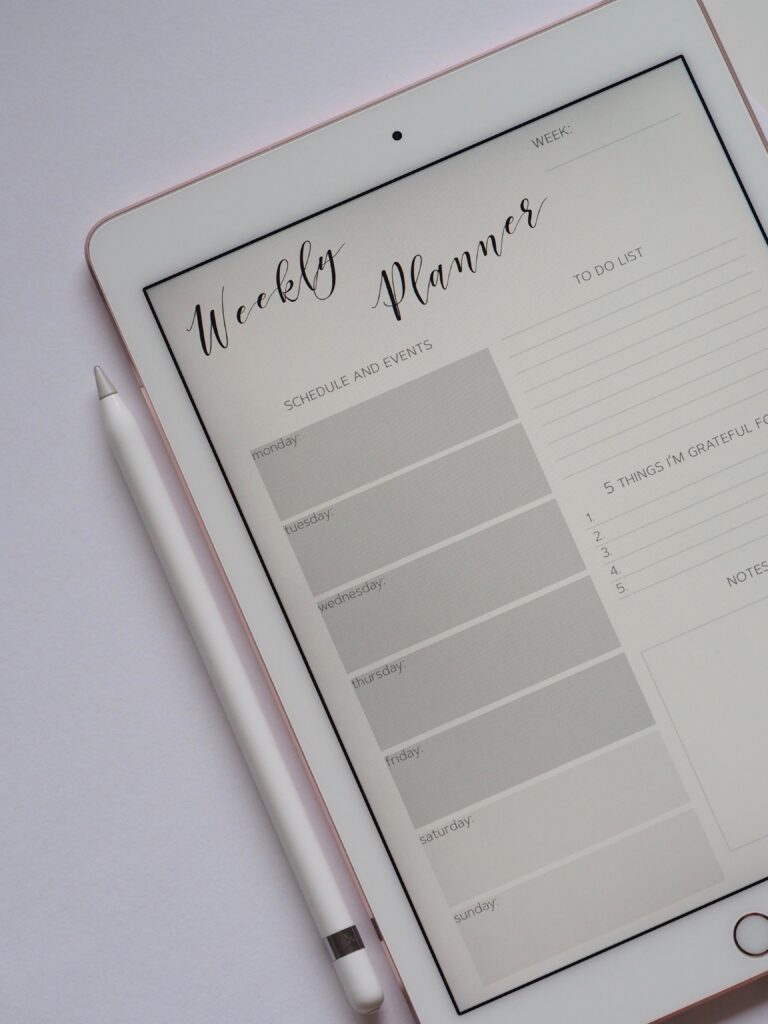
It seems that annually a minor debate emerges about whether New Year’s resolutions are effective. Should people even participate in them? Don’t most people fail in them most of the time? What is special about a new year versus any other time that goals are hammered out?
In my mind, part of the answer to the uniqueness of a new year comes in the word “annually,” above. It means yearly. Like clockwork. You can count on it. The earth revolves around the sun on a regular basis, so it is a reliable source of measurement, and “measurement,” at least in my own training, is the “m” word in SMART (Specific, Measurable, Attainable, Relevant and Time-Sensitive) goals, a tool used by countless people to motivate themselves and keep track of their goals.
Since New Year’s Eve / New Year’s Day marks the universal passing of one year to the next, it’s the most widely accepted measure of time anywhere that I can think of. In my limited knowledge, it transcends culture.
Much of the world has just finished celebrating Christmas, if not in a religious manner, then in a “sharing the season” manner. Atheists and Muslims celebrate it too. It’s a thing. Mass commercialization, gift-giving, family gathering and food creation predominate. It is a time of the year when most people and families splurge a little, or don’t worry about what they’re eating. For the Christian tradition, it’s a reminder of the birth of Christ and a reflection of who he is and what that means for everyone.
Naturally, New Year’s Eve follows Christmas very closely.
And, yes, there are those Orthodox folks who follow the Julian calendar, which puts the Nativity later, but most still recognize the new year.
For most, New Year’s Eve, like Christmas, naturally provokes reflection. Even the song long associated with the holiday, Auld Lang Syne, literally means “old long since.” It’s a Scottish tune that reminisces about old friends, looking back on memories. It’s a chance to evaluate, see if there’s anything one wants to change, and then do so accordingly.
Following the gluttonous holiday season, it is also the natural opportunity for the weight loss and fitness industry to make a push. It’s much harder for people during the holiday season to hold back on food and begin exercise than it is at the beginning of the year. Biggest Loser contests spring up after the New Year.
So back to the question at hand. Does a natural reflective holiday provide natural motivation for goal setting?
My answer is, “Of course!”
But if I’m asked, “Should I set goals?” then I’m more hesitant.
Do you WANT to set goals? Is it important to you to evaluate life and to get fresh motivation? Does evaluating how the year has gone for you seem helpful, or does it seem like pressure that shuts you down?
I’d say that if creating goals does anything but stir some kind of desire to make it happen inside your gut, then probably it won’t be useful and it might even seem defeating. The whole purpose of goals is to create motivation for action, and if goals are not motivating you, you may have a larger issue than goal creation, and perhaps you need a vacation instead of a personal evaluation. Ironically, taking vacations can also be personal wellness goals.
If one is in goal-setting mode, then the New Year, as mentioned, is a wonderful natural opportunity, and there are some goal-setting practices that work better than others.
I mentioned SMART goals earlier. The A in smart goals stands for “attainable,” which also means reachable. In goal setting, this usually refers to a specific goal, but I’ll go a step further and suggest that it also refers to a list of goals. Simple is usually better. Less is more. If there is anxiety or urgency associated with goal-setting, I want to say that it is misplaced. The act of goal-setting itself is a mechanical evaluative exercise without judgment or emotion. Purely speaking. I can add emotion to it, but that’s my own doing.
I set goals to achieve them, not because I’m “supposed to.” And I’m a sore loser, so I do so knowing that they’re attainable. Knowing that I’ll win the game, so to speak. This also means setting up my goal structure so that I know it’s likely I’ll complete them. I don’t always, but I don’t set them thinking I won’t. If I walk into a set of goals thinking that I’m going to fall short, I’ll probably fall short. That’s why it’s important for me to set just a few goals that I know I’ll do, or at least have a sense of committed action intended on them before I begin the process.
And, besides the natural occurrence of reflection, there’s nothing magic about New Year’s Eve. In fact, if I’m only setting goals on New Year’s Eve, I’m probably doing myself a disservice. To be effective, I need to be eyeing my goals monthly and weekly, the same as I would my bank account. My expenditures and savings are important to me. So are my accomplishments. Thus, “keeping my eyes on the prize.”
Two goals I had for this past year were reading 35 books and losing weight. As I read this, reflecting about each, I was super intentional about the reading one, and I currently am just past my goal for the year. With weight loss, not so much. My intention was up and down during the year. I would start and stop and start again and stop. I kept track sometimes, and at other times I didn’t. With the books, I divided the weeks up, counted the books per week, and set at it with a vengeance. My results make sense from the perspective of my intention and structuring of the year.
For 2022, I’m ramping up reading to 50 books and I’ve introduced the Weight Watchers app and bought a treadmill for myself. I plan to run some races also in 2022. The App, the treadmill and races have worked for me in the past, so I think it’s a good strategy for this year as well.
My goal-setting will have at least these two, and I’ll have a few more, but before I complete my plan, I’ll review it to make sure it’s not too much. There’s not much worse than failing because you feel the need to make yourself perfect for the coming year. As Brene Brown says — the perfect is the enemy of the good. I’ll aim for the latter.
This is my strategy, and my plan is to fully formulate it this weekend. If you want to do similarly, my suggestion is that you begin by Googling SMART goals and set a few that are important to you with which you have some level of confidence. More detail about goal-setting perhaps in a future blog. If you’re reading this at the end of 2021, be safe and enjoy the New Year!
